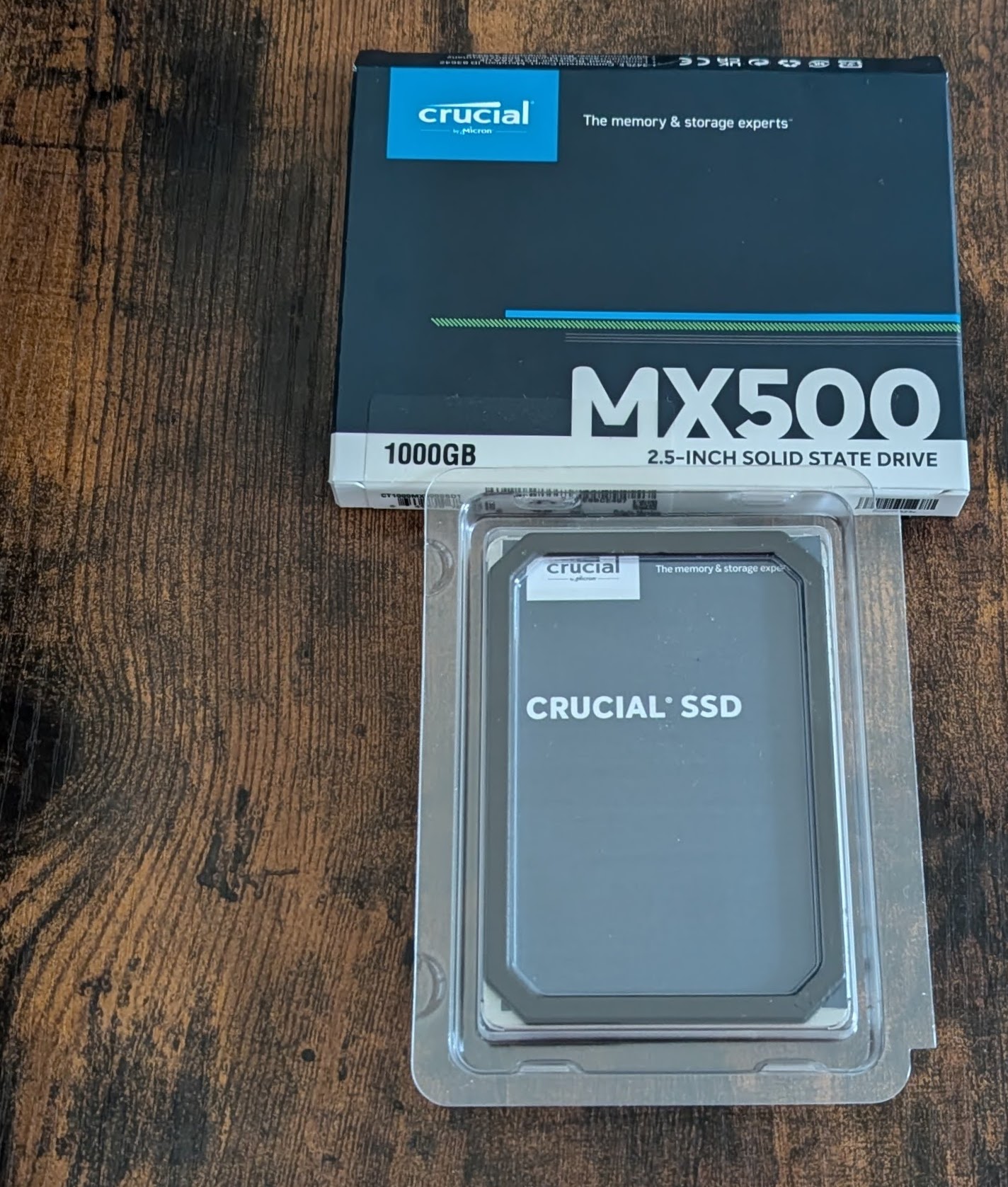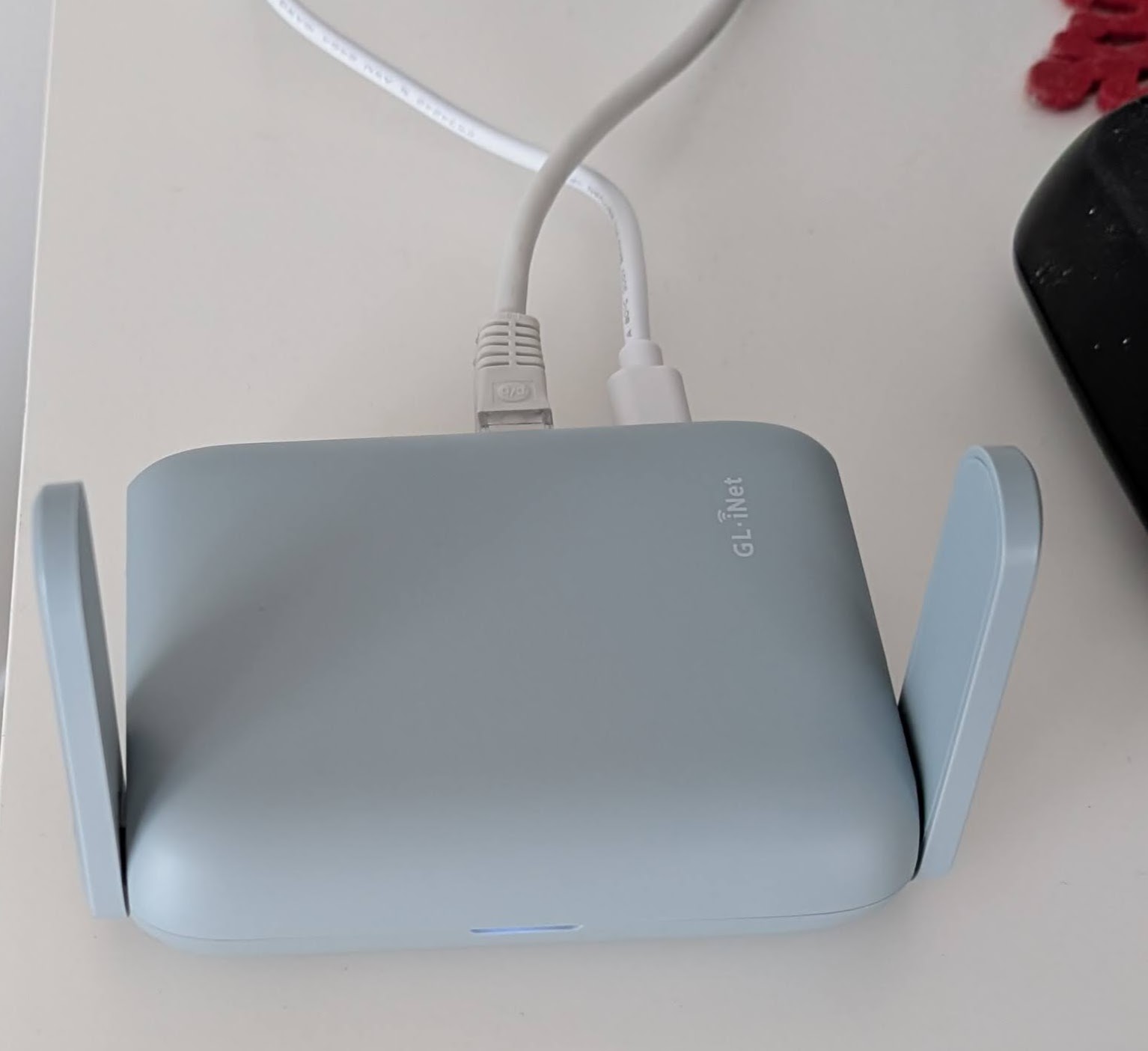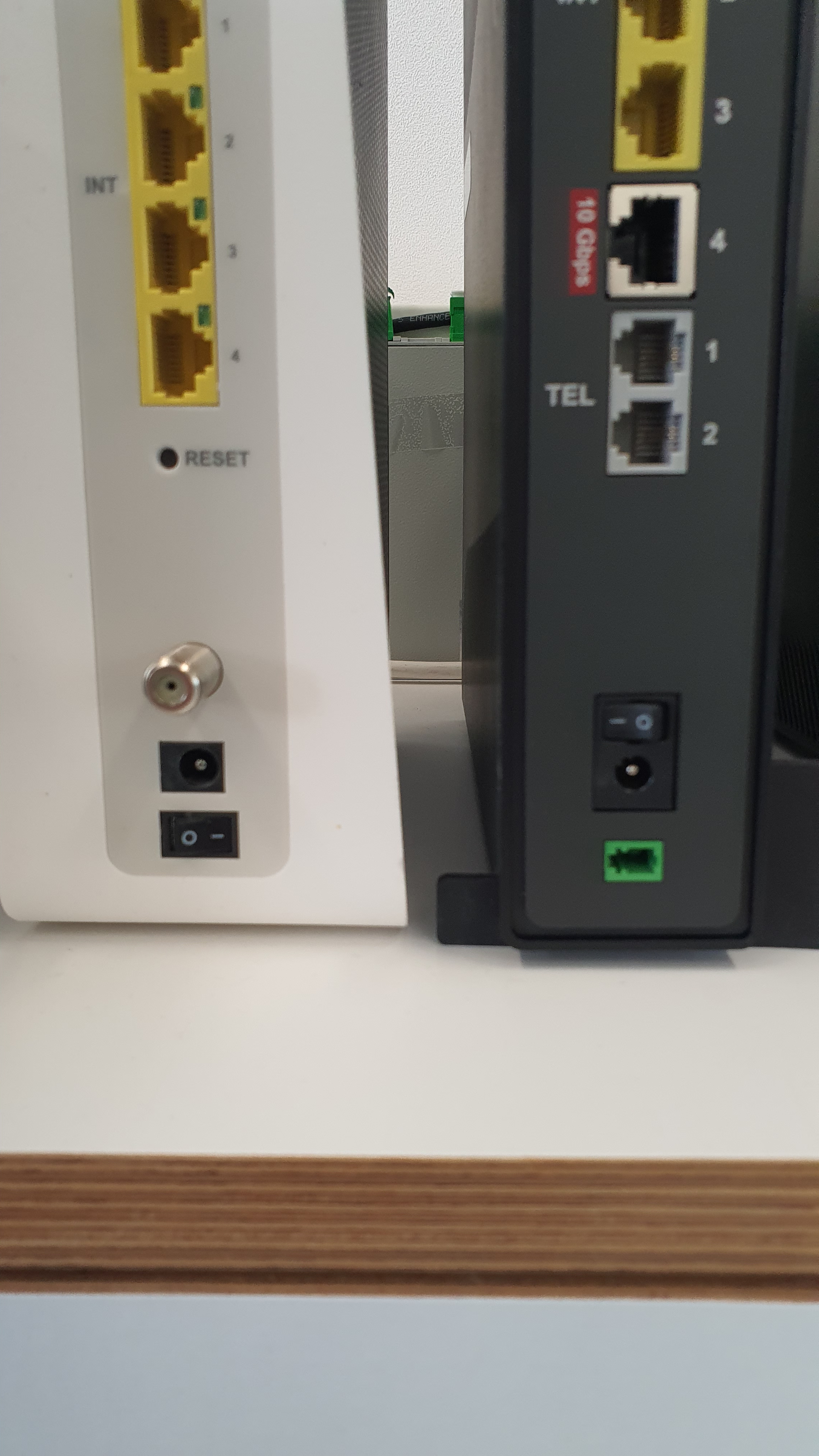SelfHosted Cloud vs Syncs vs WebDav
I was confortable so far thinking that it was all about Nextcloud and Syncthing.
But lets have a closer look, as ftp and webdavs can also make the trick in some cases.
SelfHosted Cloud
NextCloud
sudo flatpak install flathub com.nextcloud.desktopclient.nextcloud -y
#See how quick you are transfering data
#sudo apt install nload
#nload- Recommended Apps inside Nextcloud: cospend (moneybuster Android)
- You can use also NC as a file drop: https://docs.nextcloud.com/server/latest/user_manual/en/files/file_drop.html#setting-up-your-own-file-drop
WebDavs
With Nextcloud you can also have your files visible via WebDav.
Add them with:
davs://your_nc_user@nextcloud.yourdomain.duckdns.org/remote.php/webdavordav://your_nc_user@192.168.0.12:8080/remote.php/webdav
But there are specific apps if you just need a simple web dav.
SFTP-GO
#docker run --name some-sftpgo -p 8080:8080 -p 2022:2022 -d "drakkan/sftpgo:tag"
docker run -d \
--name sftpgo \
-p 8066:8080 \
-p 2022:2022 \
-v /home/jalcocert/Desktop:/srv \
--restart unless-stopped \
drakkan/sftpgo:latest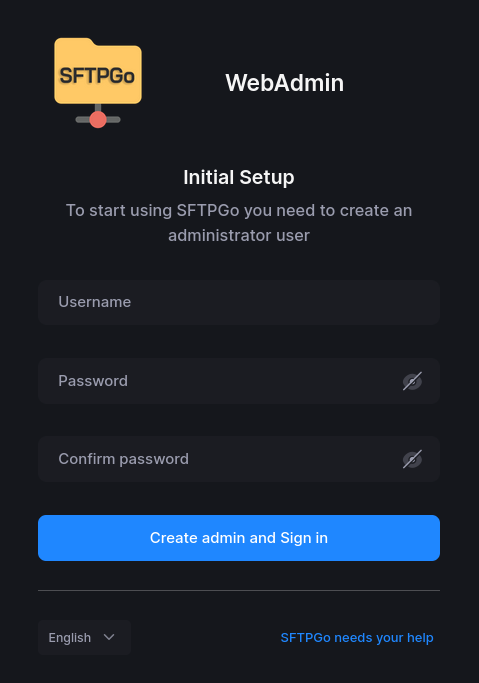
Files will be reflected at /home/jalcocert/Desktop, particularly: ./sftpgo/data/yourcreateduser,
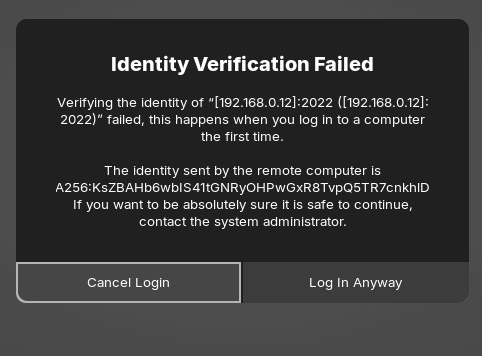
And to connect with your Linux Files, you can add sftp://jalcocert@192.168.0.12:2022 As the 2022 is the SFTP Port and your username.
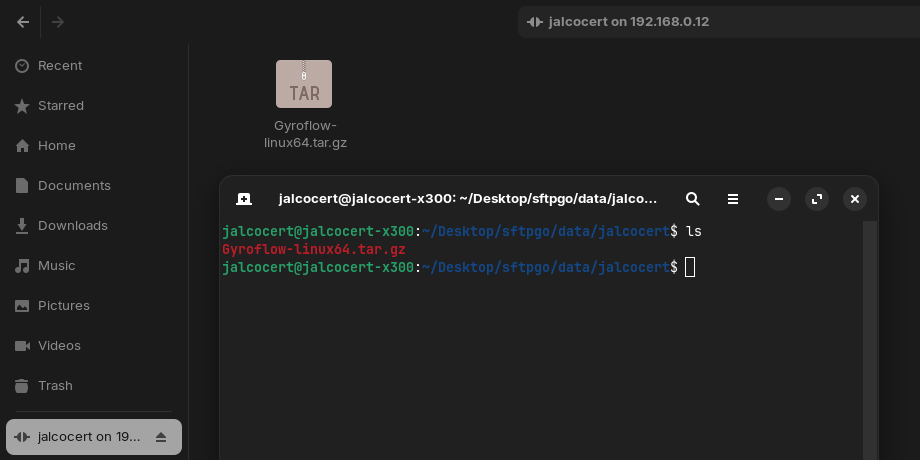
aGPL 3.0 | Full-featured and highly configurable SFTP, HTTP/S, FTP/S and WebDAV server - S3, Google Cloud Storage, Azure Blob
http://192.168.0.12:8011/web/admin/usershttp://192.168.0.12:8011/web/client/profile
To add SFTPGo to ubuntu as a space to browse files:
sudo apt install davfs2Then use
http://192.168.0.12:8011/web/admin/folders,davs://your_nc_user@nextcloud.yourdomain.duckdns.org/remote.php/webdavordav://your_nc_user@192.168.0.12:8080/remote.php/webdav
choco install winscpSFTP is a secure way to transfer files over a network. It uses SSH (Secure Shell) to encrypt the data, protecting it from unauthorized access.
apt-get install iperf3
iperf3 -s #server
iperf3 -c <server IP address> #on the client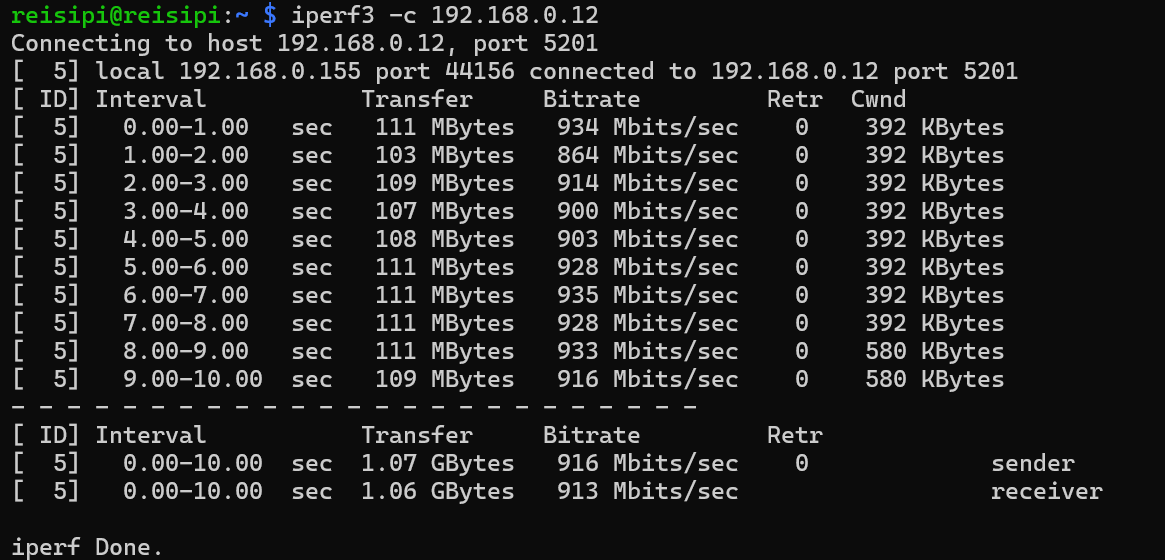
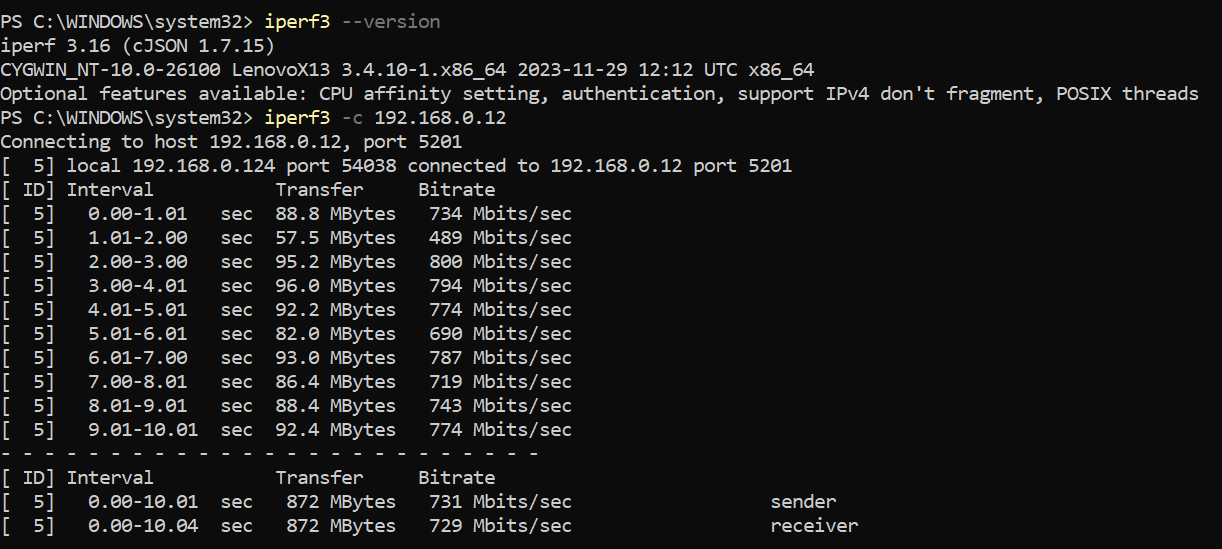
scp /home/user/Downloads/DJI_20250117084726_0009_D your_username@192.168.0.12:/home/your_username/uploads/
From Windows you can:
sftp your_username@192.168.0.12
#your_username@192.168.0.12's password:sftp> cd /home/your_username/uploads
sftp> put "C:\Users\j--e-\Proton Drive\jalcocer\My files\folder\DJI_20250112113040_0012_D.MP4"
sftp> exit
You can see the disk load:
sudo apt install iotop
sudo iotopYes, when you connect to an SFTP server, you typically need to provide the username and password (or SSH key) of a valid user account on the remote system where the SFTP server is running.
It’s not necessarily your Windows user/password unless those credentials happen to be the same on the remote system.
That’s a very important distinction! The speed you get with SFTP over your home Wi-Fi will be limited by your local Wi-Fi speeds, not your internet upload speed from your ISP. Here’s why:
Local Network vs. Internet Connection
- Local Network (LAN):
- Your home Wi-Fi network creates a local area network (LAN).
- When you transfer files between your laptop and server within your home, the data stays within this LAN.
- The speed of this transfer is determined by your Wi-Fi router’s capabilities and the factors mentioned earlier (Wi-Fi standard, interference, etc.).
- Internet Connection (WAN):
- Your internet upload speed from your ISP is relevant when you’re transferring files over the internet to a server that’s located outside your home network.
- For example, if you were uploading files to a cloud server or a remote server hosted by a different company.
Why Wi-Fi Speed Matters for Home SFTP:
- Since your laptop and server are on the same local network, the data doesn’t travel through your ISP’s network.
- The transfer happens directly between your laptop and server, with the router acting as the intermediary.
- Therefore, the bottleneck is your Wi-Fi speed, not your internet upload speed.
In summary:
- Local transfers (laptop to server on the same Wi-Fi): Limited by Wi-Fi speed.
- Internet transfers (laptop to remote server): Limited by your internet upload speed.
Therefore, if you are transferring files between two computers on your local home network, your internet upload speed is irrelevant.
GoMFT
MIT | Go Managed File Transfer
Personal Drive
Apache v2 | Self Hosted Google drive alternative
Just Sync
Syncthing
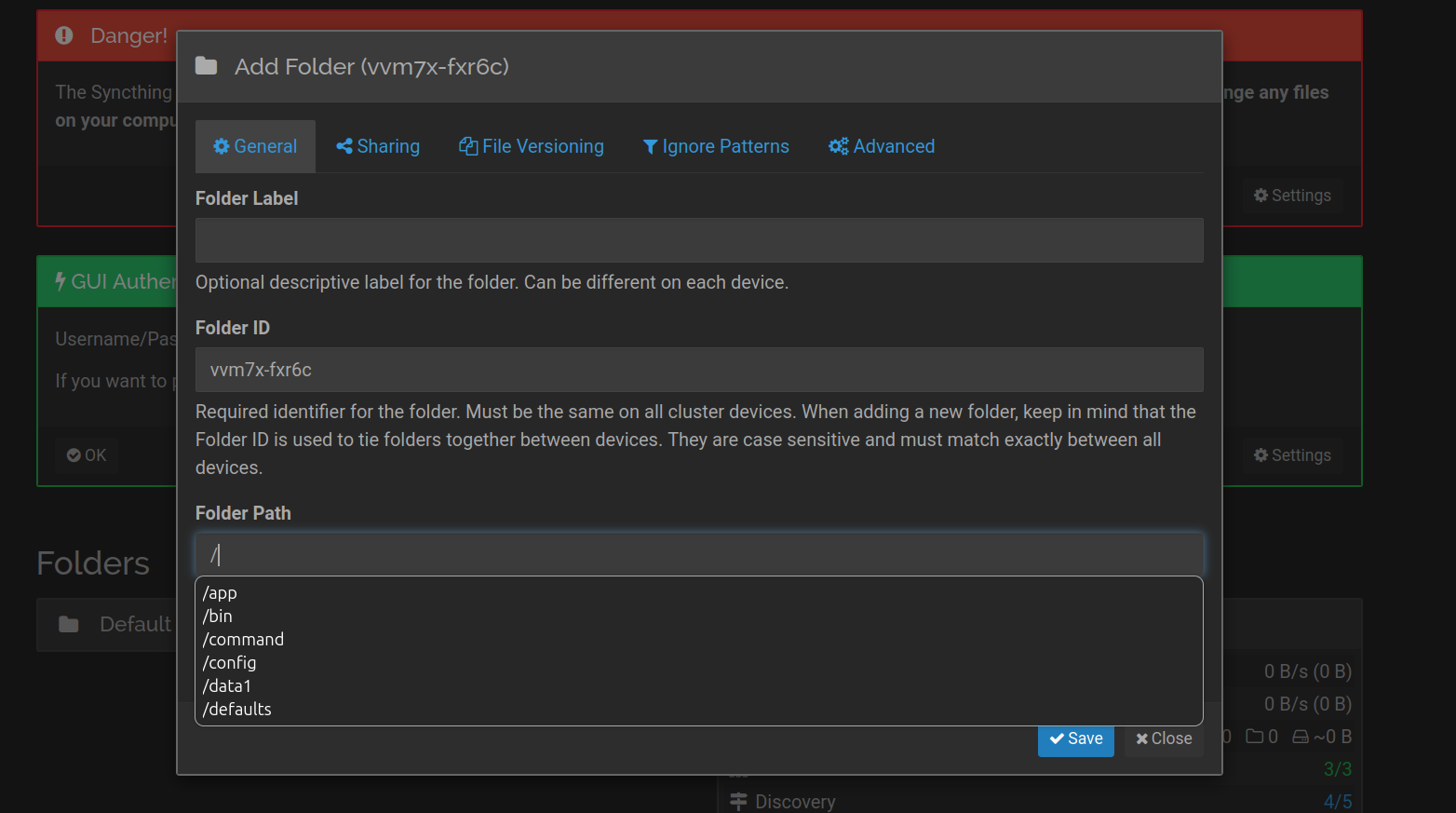
Conclusions
These tools can be used together with your Photo Management Tools.
If you need to convert heic to png:
sudo apt update
sudo apt install libheif-examples
#heif-convert input.heic output.png
for file in *.heic; do heif-convert "$file" "${file%.heic}.png"; doneSync Speed
This will depend on the router you are using:
I used iperf and iotop to check that I get
- ~730Mbits/sec on Wifi and ~916Mbits/sec on eth
More Tools
See 7 other tools to setup with Docker 📌
Filerun
Filezilla
Picoshare
Pingvin
vsftpd
Anonupload
